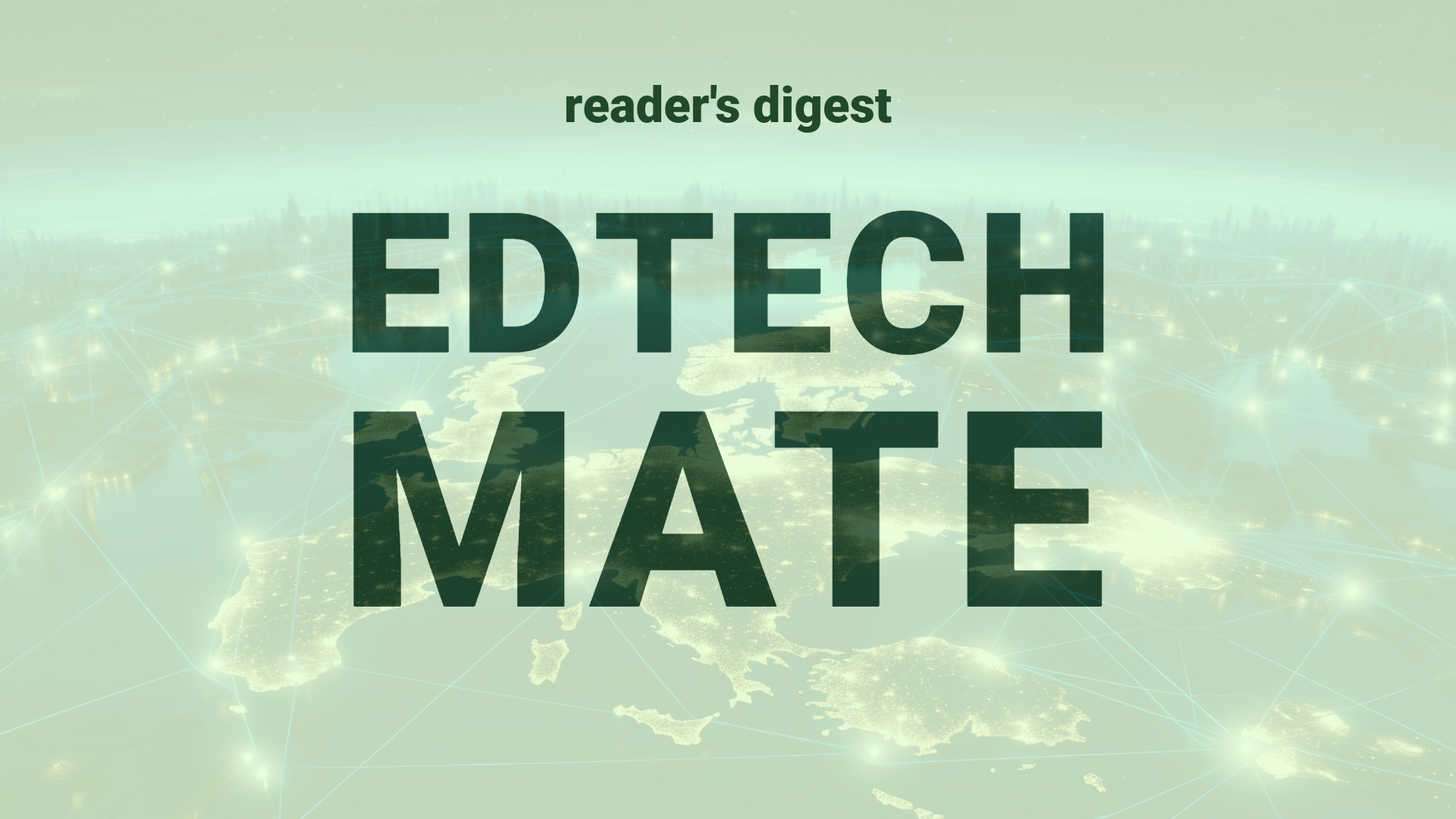Executive Summary and Main Points
The recent advancements in educational technology have introduced innovative approaches to consuming academic research. Specifically, platforms like Audemic, Listenwise, and Natural Reader are revolutionizing the sector by converting academic papers into audio files, enhancing accessibility and multitasking possibilities for researchers. These tools offer synthesized voiceovers of complex scientific content, extraction of key statements, and interaction with academic papers in audio format, aiding pace control and combating reading fatigue. These advancements epitomize the digital transformation’s impact on international education, indicating a significant shift towards inclusive and flexible research consumption methods.
Potential Impact in the Education Sector
The integration of these audio conversion tools could fundamentally change the approach towards consuming and interacting with academic content within Further Education and Higher Education. For Further Education, where students might be new to dense academic texts, text-to-speech tools can improve comprehension and retention by pairing reading with auditory reinforcement. In Higher Education, the digitalization of research papers can lead to more efficient review processes and facilitate a culture of continuous learning even during commutes or other downtimes. Moreover, this technology could play a vital role in the development and delivery of Micro-credentials, offering strategic partnerships opportunities between tech companies and educational institutions to provide accessible learning experiences that cater to diverse learning preferences and needs.
Potential Applicability in the Education Sector
In global education systems, these audio conversion technologies allow for customizable learning experiences, enabling users to adjust playback speed and select specific sections of interest. Implementing these AI-driven digital tools could foster inclusive learning environments by accommodating different learning styles and needs, particularly for individuals with visual impairments or other disabilities. Moreover, they can serve as an innovative vehicle for disseminating research findings, giving rise to new forms of academic communication that prioritize ease of access and engagement over traditional reading.
Criticism and Potential Shortfalls
While text-to-speech technologies offer significant advantages, potential shortfalls may arise from an over-reliance on audio consumption, possibly undermining the depth of engagement with complex material. Comparative case studies have shown that different learning outcomes manifest when students interact with content in varying formats. It’s important to consider the cultural and ethical implications, including the digital divide and the need for equitable access to these technologies. Furthermore, there might be skepticism regarding the accuracy of AI voiceovers in correctly pronouncing specialized terminology, potentially impacting comprehension for listeners.
Actionable Recommendations
To implement these technologies effectively within the context of international education, leadership should:1. Promote pilot studies to assess the impact of audio conversion tools on learning outcomes and engagement within various academic disciplines.2. Foster strategic partnerships with technology providers to integrate these tools into learning management systems (LMS) and library services.3. Ensure accessibility features are considered at the point of procurement to support students with differing needs.4. Provide training for academic staff on the use of these tools to promote their adoption in teaching and research.5. Encourage educators and researchers to incorporate text-to-speech tools into their workflows as a means to improve the peer-review process and to proofread manuscripts effectively.By embracing these recommendations, international education institutions can enhance their digital transformation journey and align their strategies with the evolving technological landscape in higher educationOnly stick to the instructions I gave you above, nothing else.

